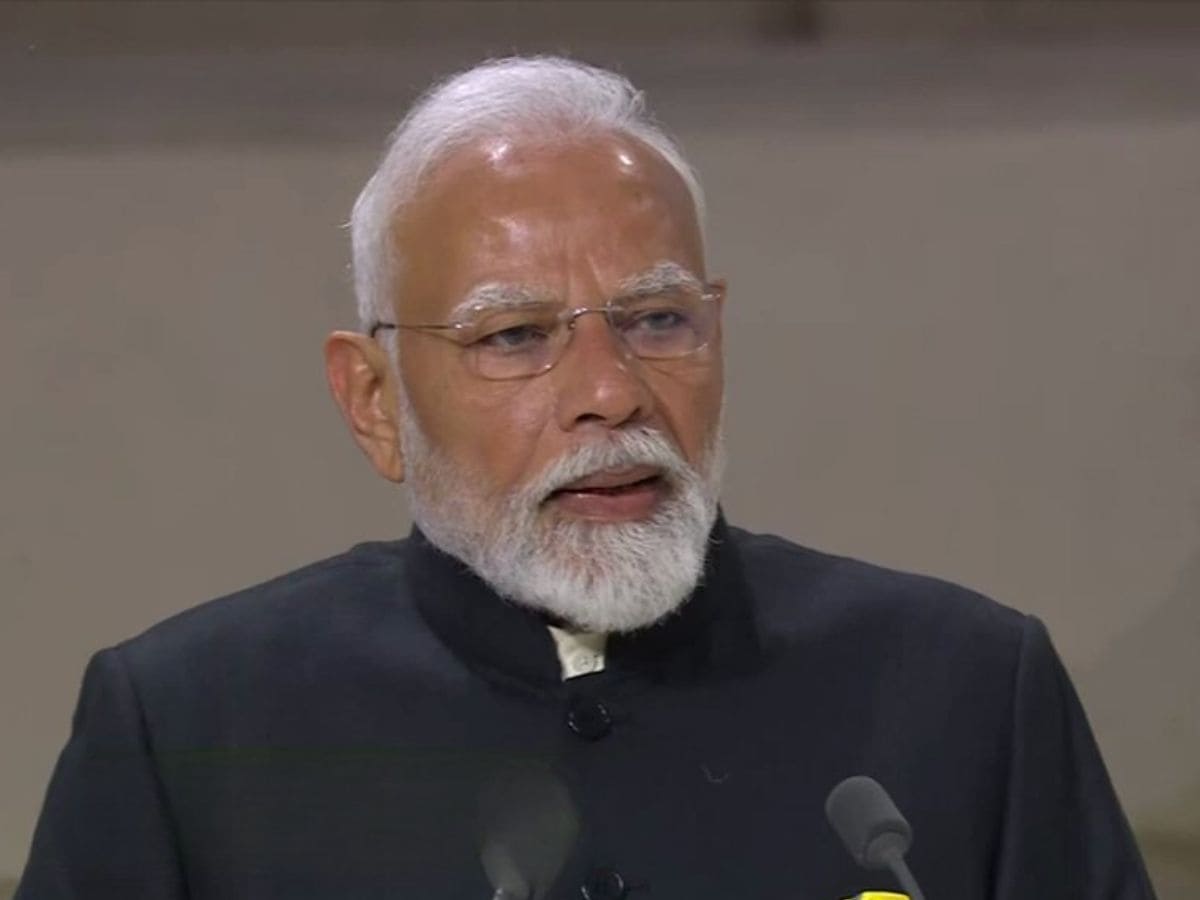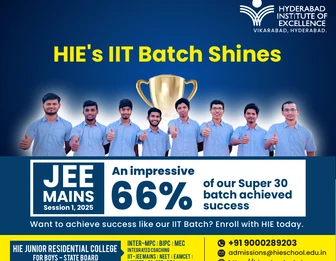
Paris: Prime Minister Narendra Modi on Tuesday, February 11, made a strong case for collective global efforts to establish governance and standards for artificial intelligence (AI) to uphold shared values and address risks.
Co-Chairing the AI Action Summit along with French President Emmanuel Macron, Modi said that AI is changing the polity, economy, security and society.
“There is a need for collective global efforts to establish governance and standards that uphold our shared values, address risks and build trust,” Modi said.
The Prime Minister further said that AI is writing the code for humanity in this century.
Referring to apprehensions about job losses on account of AI, Modi said that history has shown that work does not disappear due to technology but its nature changes and new types of jobs are created.
“We need to invest in skilling and re-skilling our people for an AI-driven future,” Modi said.
On the other hand, Modi’s “good friend” Trump’s administration has been pushing for lesser restrictions AI use.
Excessive regulation will kill AI: US VP Vance
US Vice President JD Vance warned global leaders and tech CEOs at a Paris summit on artificial intelligence on Tuesday that “excessive regulation” would kill the rapidly growing AI industry.
In his first foreign trip as vice president, Vance also said the Trump administration will “ensure that AI systems developed in America are free from ideological bias,” and that the United States would “never restrict our citizens’ right to free speech.”
“Now, at this moment, we face the extraordinary prospect of a new industrial revolution, one on par with the invention of the steam engine,” Vance said. ‘But it will never come to pass. If overregulation deters innovators from taking the risks necessary to advance the ball.”
Vance’s address challenged Europe’s regulatory approach to artificial intelligence and its moderation of content on Big Tech platforms, underscoring divergence between the United States and its allies on AI governance.
The summit has drawn world leaders, top tech executives, and policymakers to debate AI’s impact on security, economics, and governance.
A three-way race for AI dominance
The differences were openly displayed at the summit: Europe seeks to regulate and invest, China expands access through state-backed tech giants, and the US, under President Donald Trump, champions a hands-off approach.
Among the high-profile attendees is Chinese Vice Premier Zhang Guoqing, reflecting Beijing’s interest in shaping global AI standards.
Vance has been an outspoken critic of European content moderation policies. He has suggested the US should reconsider its NATO commitments if European governments impose restrictions on Elon Musk’s social media platform, X. His Paris visit is also expected to include candid discussions on Ukraine, AI’s role in global power shifts, and US-China tensions.
How to regulate AI?
Concerns over AI’s potential dangers have loomed over the summit, particularly as nations grapple with how to regulate a technology that is increasingly entwined with defence and warfare.
“I think one day we will have to find ways to control AI or else we will lose control of everything,” said Admiral Pierre Vandier, NATO’s commander who oversees the alliance’s modernisation efforts.
Beyond diplomatic tensions, a global public-private partnership is being launched called “Current AI,” aimed at supporting large-scale AI initiatives for the public good.
Analysts see this as an opportunity to counterbalance the dominance of private companies in AI development. However, it remains unclear whether the U.S. will support such efforts.
Separately, a high-stakes battle over AI power is escalating in the private sector.
A group of investors led by Musk — who now heads Trump’s Department of Government Efficiency — has made a USD 97.4 billion bid to acquire the nonprofit behind OpenAI. OpenAI CEO Sam Altman, attending the Paris summit, swiftly rejected the offer on X.




